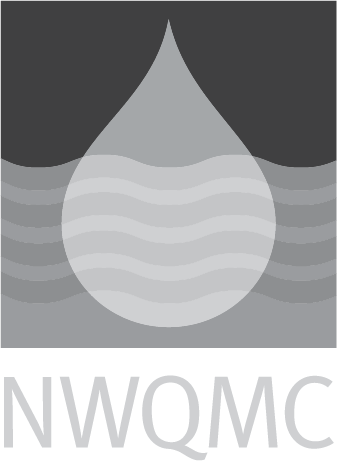Abraxis: 540021: Cyclodienes by Immunoassay, Microtiter Plate
|
Official Method Name
|
Abraxis Cyclodienes Plate Assay Kit (96T) PN 540021 |
|---|---|
|
Current Revision
| 2003 |
|
Media
|
WATER |
|
Instrumentation
|
Immunoassay |
|
Method Subcategory
|
Organic |
|
Method Source
|
|
|
Citation
|
|
|
Brief Method Summary
|
Cyclodienes are detected using a colorimetric immunoassay (ELISA) procedure. A sample (0.025 mL) and an antibody against Cyclodienes are added to a microtiter plate well pre-coated with Cyclodienes coating conjugate. Both the Cyclodienes (when present in a sample) and the Cyclodienes coating conjugate compete for the binding sites of the antibody. After a washing step, a second antibody-HRP labeled is added and incubated. After a washing step a substrate is added which is catalyzed by the enzyme and converted from a colorless to a blue solution. The reaction is terminated with the addition of a dilute acid. The concentration of Cyclodienes in the sample is determined by measuring its absorbance at a specific wavelength (450 nm) using a plate photometer and comparing its absorbance to the absorbance of the calibrators. |
|
Scope and Application
|
This method determines Cyclodienes in water (groundwater, surface water, well water). It is capable a detecting Dieldrin, Endosulfan, Heptachlor, Aldrin, Chlordane, Toxaphene. |
|
Applicable Concentration Range
|
0.10 - 25 |
|
Interferences
|
Cross-reactivity: In addition to Dieldrin, the method detects Endosulfan, Heptachlor, Aldrin, Chlordane, and high concentrations of Toxaphene. The method uses Dieldrin as calibrators. |
|
Quality Control Requirements
|
(A) Calibration with 7 standards and 1 blank, all analyzed in duplicate. (B) Precision: 3 matrix samples with different levels in the range for quantitative analysis analyzed daily for 3 days with 5 replicates in each of 5 assays. (C) Accuracy: 5 matrix samples, spiked with the target analyte at 3 different levels in the range for quantitative analysis. (D) Validation: Analysis of 4 positive and 4 negative samples by an independent method for confirmation. |
|
Sample Handling
|
Samples are collected in glass containers with Teflon-lined caps; for compliance monitoring, samples should be held no longer than 14 days. If samples are held frozen, they can be held for longer periods of time. Immunoassay reagents are stored refrigerated until use. Samples containing gross particulate matter should be filtered using a 1 micron filter or centrifuged before use. Drinking water samples are typically dechlorinated with 0.008% sodium thiosulfate. |
|
Maximum Holding Time
|
14 days at 4oC, longer if held frozen |
|
Relative Cost
|
Less than $50 |
|
Sample Preparation Methods
|




